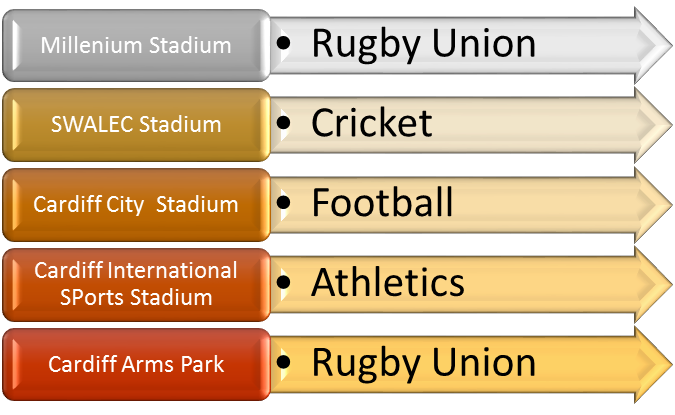Course Content
|
An overview of Java Platform
|
· The platform independence nature of Java language · Discriminating the Java ME, Java SE, and Java EE Platforms · Estimating Java libraries, middleware, and database selections · Essential points on the evolution of Java language |
|
Java Syntax and Class Review
|
· Forming Java classes · Using primitive variables · Using operators · Generating and operating strings · If-else and switch statements · Use of loops: while, do-while, for · Concept of arrays · Using constructors and functions
|
|
Subclassing and Encapsulation |
· Importance of encapsulation in Java Designing problems using Java classes · Making classes immutable · Creating and using Java subclasses · Overloading functions
|
|
Overriding Methods, Polymorphism, and Static Classes
|
· Understanding access specifies · Methods of Overriding · Deploying virtual method request · Deploying the instance of operator · Using upward and downward casts · Designing business problems by using the static keyword · Executing the singleton design pattern
|
|
Abstract and Nested Classes
|
· Planning general-purpose base classes · Constructing abstract Java classes and subclasses · Using final keyword in Java · differentiate between top-level and nested classes
|
|
Interfaces and Lambda Expressions
|
· Describing a Java interface · Picking between interface inheritance and class inheritance · Extending an interface · Analysing defaulting methods · Describing a Lambda Expression
|
|
Collections and Generics
|
· Generating a custom generic class · Create an object using the type inference diamond · Formation of a collection by using generics · Executing an ArrayList · Implementing a TreeSet · Executing a HashMap · Implementing a Deque · Collection Ordering
|
|
Lambda Interfaces
|
· Declaration of the built-in interfaces comprised · Understanding Core interfaces - Predicate, Consumer, Function, Supplier · Using primaeval versions of base interfaces |
|
Lambda Operations
|
· Using map for extracting data · Describing the types of stream operations · Understanding the Optional class · Labelling lazy processing · Sorting a stream · Using the Collect method by saving results to a collection · Partition and Grouping and data using the Collectors class |
|
Concurrency
|
· Defining operating system task scheduling · Generating worker threads using Runnable and Callable · Deploying an Executor Service to execute responsibilities concurrently · Classifying potential threading problems
|
|
Using synchronised and concurrent atomic to manage atomicity
|
· Using monitor locks to control thread execution control · The use of java.util.Concurrent collections
|
|
The Fork-Join Framework
|
· Introducing Parallelism · The necessity for Fork-Join · Stealing of Work · RecursiveTask |
|
Localization
|
· Introducing Localization · Defining the benefits of localising an application · describing what a locale represents · Generating a resource bundle for each locale · Calling a resource bundle from an application · Changing the locale for a resource bundle |
|
Database Applications with JDBC
|
· Describing the layout of the JDBC API · Connection using a JDBC driver with database · Acquiescing queries and display data · Requiring JDBC driver information externally · Executing CRUD operations using the JDBC API
|
|
Parallel Streams
|
· Studying the key features of streams · Defining how to make a stream pipeline execute in parallel · The expectations needed to use a parallel pipeline · Defining reduction · Defining associative function · Defining the process for decaying and then combining work · Listing the key performance thoughts for parallel streams
|
|
Exceptions and Assertions
|
· Describing the objectives of Java exceptions · Using the try and throw statements · Using the catch, multi-catch, and finally clauses · Auto close properties with a try-with-resources statement · Identifying common exception classes and groups · Generating custom exceptions · Challenging invariants by using declarations
|
|
I/O Fundamentals
|
· Defining the fundamentals of input and output in Java · Read and write data from the console · The streams to read and write files · Writing and read objects using serialisation
|
|
Java Date/Time API
|
· Making date-based events · Handling time-based events · Joining date and time into a single object · Employed with dates and times across time zones · Handling changes resulting from daylight savings · Describing and creating timestamps and periods · Formatting dates and times to local and zoned |
|
Collections Streams, and Filters
|
· Defining the Builder pattern · The collection iteration with lambda syntax · Defining the Stream interface · The collection filtration using lambda expressions · Calling current method using a method reference · Binding multiple methods · Describing pipelines regarding lambdas and collections
|
|
File I/O |
· Operating on file and directory paths using the Path interface · Deploying the Files class to check, delete, copy, or move a file or directory |
|
|
|

 ENQUIRE
ENQUIRE
 REQUEST CALLBACK
REQUEST CALLBACK
 GET A FREE QUOTE
GET A FREE QUOTE


 Introduction
Introduction Course Details
Course Details Course Content
Course Content





 London
London